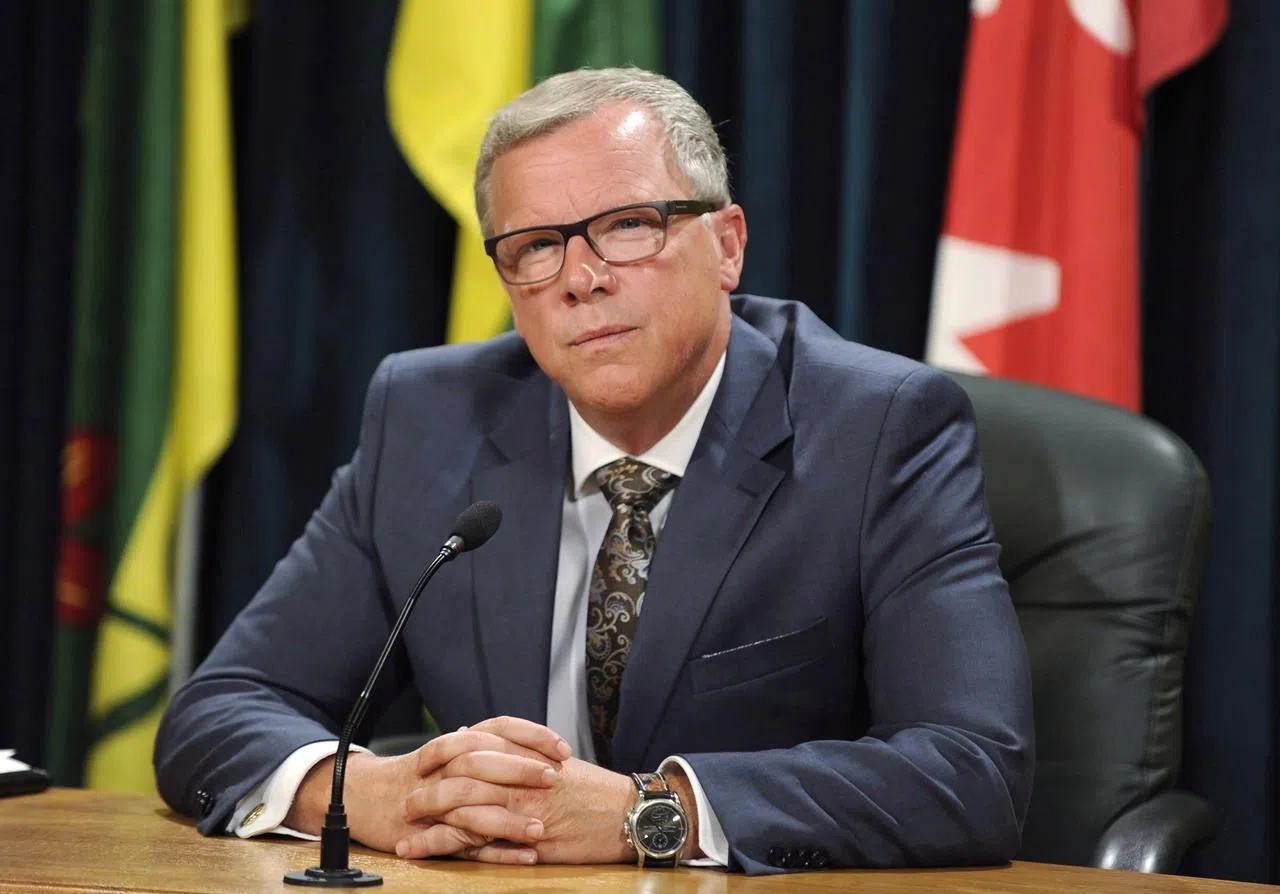
Saskatchewan to allow victims to sue if intimate images shared without consent
REGINA — People who have had intimate images shared without their permission will be able to sue for compensation in Saskatchewan.
The provincial government said Wednesday that it plans to change its Privacy Act so that those victims can seek redress through small claims court.
“We want to have some protection for people whose intimate images have been used for revenge porn or sexting without the consent of the person who was in those images,” said Justice Minister Don Morgan.
The government said it has proven difficult to rely on the Criminal Code to deter cyberbullying through unauthorized sharing of intimate images because the burden of proof is so high.
